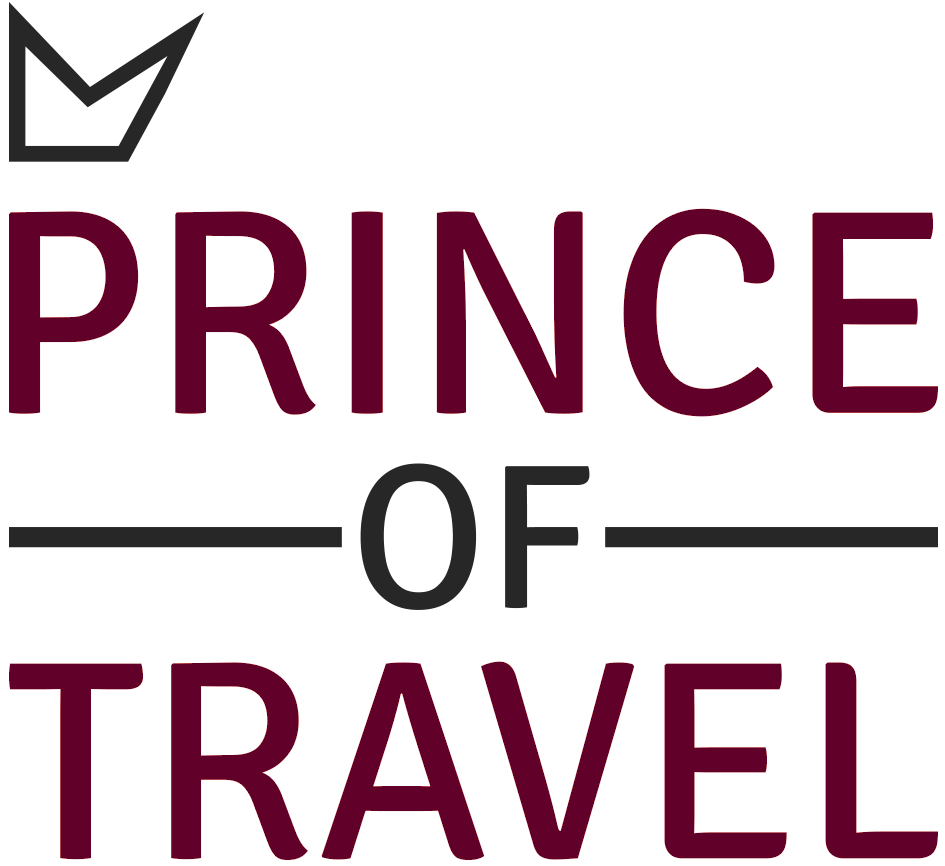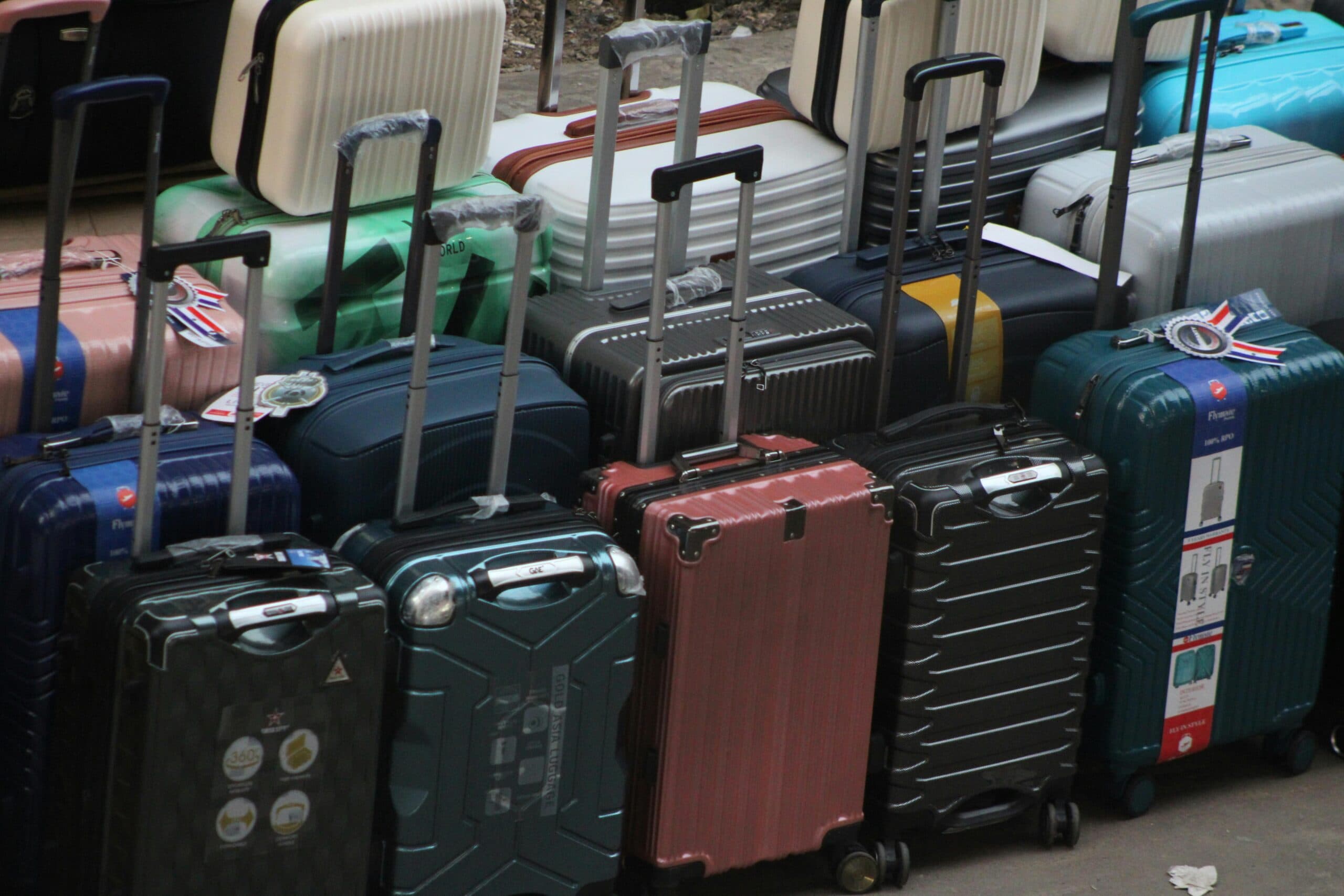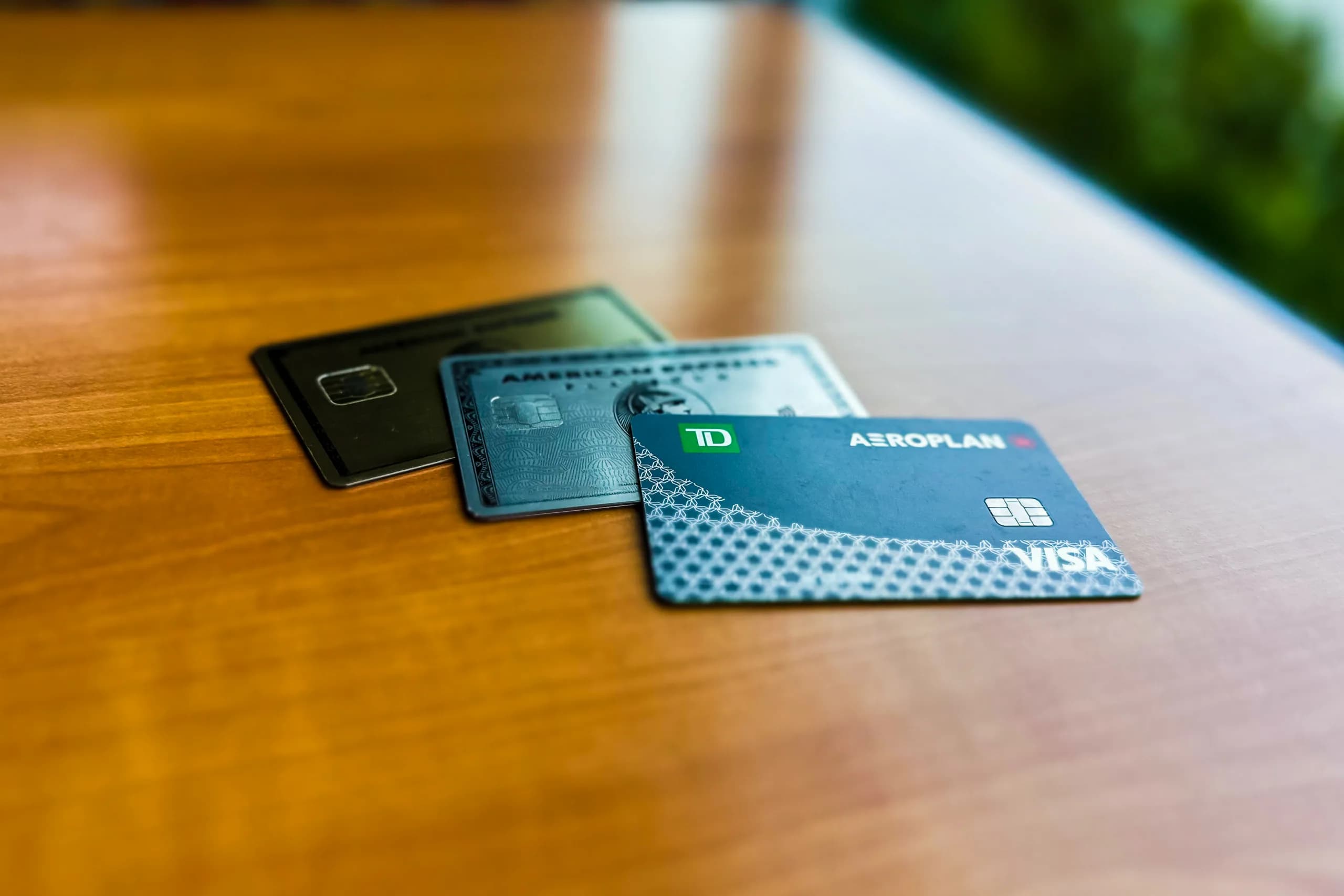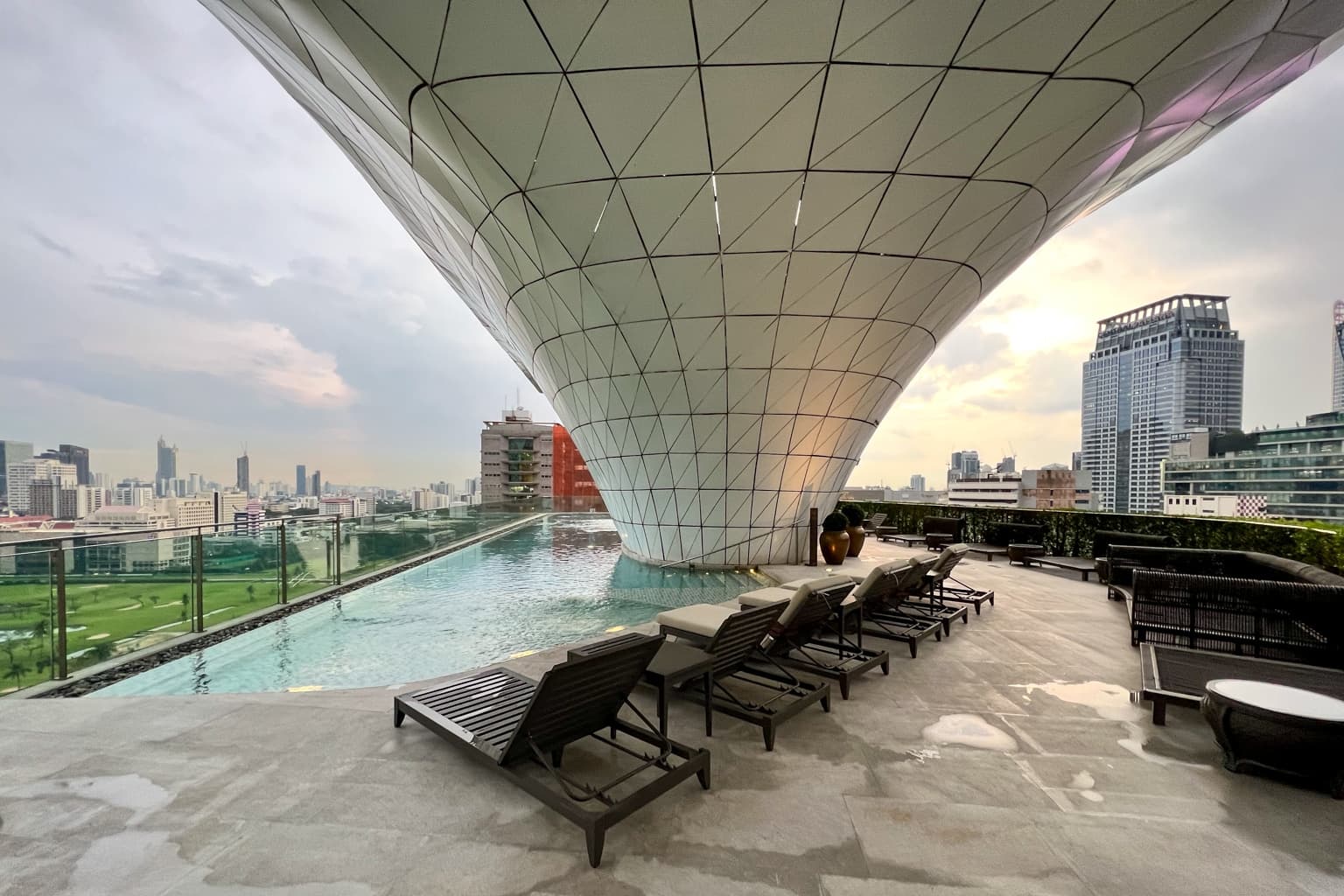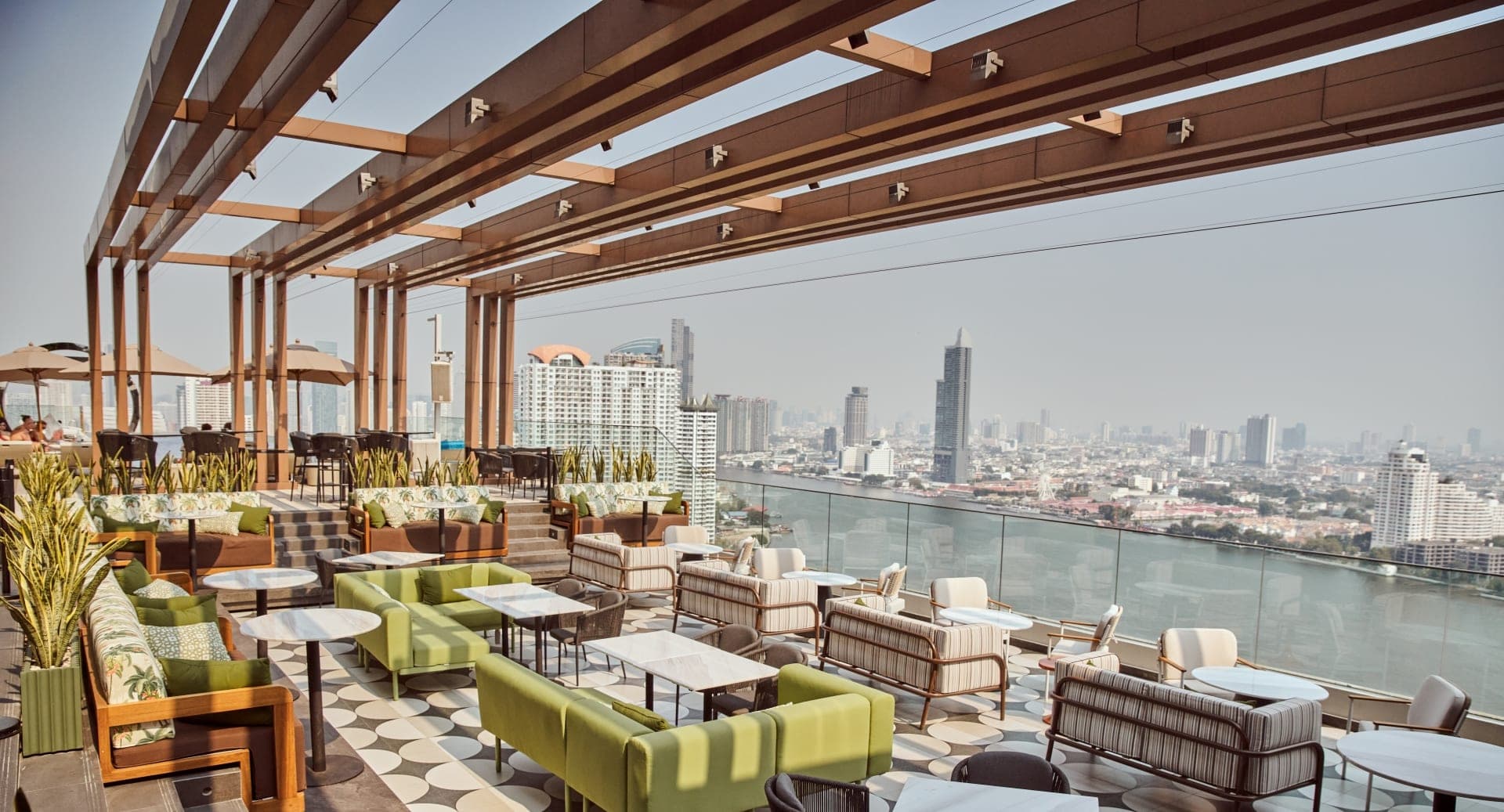24-Hour Layover: Panama City

If you ever find yourself travelling with Copa Airlines on one of their convenient services down to South America, chances are that you’ll be able to schedule a long layover of some sort in Panama City.
The country’s eponymous capital is one of those places where a short-but-sweet stay can be the perfect dose of its atmospheric vibes for first-timers and returning visitors alike. I had about a full day’s worth of time to explore the city – arriving at around 6am and departing at 9:30pm – making this an ideal real-life installment to the 24-Hour Layover series.
7am | Panama Canal
You don’t go to the home of one of the most amazing feats of human engineering in the history of mankind without spending some quality time watching the ships pass through the Miraflores Locks.
I’m someone who has a particular appreciation for modern infrastructure, so if you’re anything like me, you’ll get a real kick out of watching the Panama Canal – one of the keys to the global commercial world as we know it today – live in action.

Miraflores Locks at the Panama Canal
The Panama Canal provides ships from all over the world with access between the Pacific and Atlantic Oceans via Gatun Lake, an artificial lake that snakes its way through the heart of the country. The locks on either end – Gatun Locks on the Atlantic side and Miraflores Locks here in the capital on the Pacific side – raise and lower the ships between sea level and the higher water level of the Gatun.
The visitor centre here at the Miraflores Locks consists of a large multi-storey building with a viewing platform on the top floor. Grab a coffee, secure a spot along the railings, and marvel at the sight of ships from all over the world arrive here from their various ports of call in the Pacific, ready to make the 12-hour journey through the Panamanian conduit and into the Atlantic Ocean.

The CPO Singapore oil tanker entering the locks…

…remaining in place as the water levels rise…

…and heading onwards into Gatun Lake.
Here at Miraflores, the original set of locks are used for vessels of a “Panamax” size or smaller (so named because the canal’s importance in global shipping gave rise to the construction of ships that were exactly the right size for it). Meanwhile, the expansion of the Panama Canal was completed in 2016, and the third set of larger locks can be seen off in the distance from the viewing platform, accommodating “New Panamax” ships that are 1.5 times larger and can carry twice the cargo.
The canal is the focal point of virtually all of Panama’s recent history, so it’s worth spending some time at the exhibits here at the Miraflores locks to learn about the history, daily operation, and surrounding ecosystem. For those who are especially interested, there’s still more to absorb later at the Panama Canal Museum over in Casco Viejo.
The Miraflores Locks are located a 15-minute drive away from the historic city centre, and Uber is the cheap and convenient for getting around. Even a journey from the airport directly to the Miraflores Locks on the opposite side of the city only cost us around $7.
Furthermore, unlike the other countries I visited on this trip, all of the Panamanian Uber drivers are keen to chat with tourists and share information about their country. As someone who speaks Spanish but not fluently, I also found that they’re more than happy to speak slowly and clearly to make sure you understand them, which I greatly appreciated.
10am | Casco Viejo
Taking in the canal in all its glory gives you the ideal context for understanding Panama as it is today. It’s a small country, but one with lofty ambitions geared towards bringing the world together, not least via the dependable fulfillment of one of the biggest responsibilities in global transportation. The next step on your brief sojourn here is to delve into the country’s history by visiting Casco Viejo, the historic old quarter.

Casco Viejo, Panama City
The old town buildings are marked by their distinctive Spanish colonial style, in many ways resembling the famous street scenes of Havana, Cuba. Here’s where you’ll find many of Panama City’s theatres, artsy cafes, and craft breweries. The faded colonial buildings also lend themselves well to a range of accommodation options, from communal hostels with open-air courtyards to upscale hotel suites with polished stone walls, making Casco Viejo an excellent place to stay if you happen to have an overnight layover.


The Panama Canal Museum occupies a beautiful standalone three-story building in Casco Viejo, and you can easily kill a couple of hours here if you wanted to know pretty much everything there is to know about the canal. The museum is quite information-heavy, so I recommend making use of the audioguide for a more well-rounded visit.
Afterwards, enjoy some lunch overlooking the Pacific Ocean, shop for local hand-made crafts or a nice new Panama hat, or relax in one of the cafes – Casa Sucre impressed us with some delightful treats while we were there. If you’re lucky, you might even catch a spectacular cultural performance of singing and dancing going on in the main square!
2pm | Amador Causeway
Not too far from Casco Viejo is the Amador Causeway, a long stretch of road leading into the ocean that connects the mainland with the islands in Panama Bay. While I didn’t make it out here on this trip, both Uber drivers I spoke to said it’d be worthwhile to spend a few hours along the boardwalks here.
Rent a bike and cycle the length of the causeway down to the islands, where you can enjoy a sweeping view of the captivating Panama City skyline. The city’s financial district is pretty incredible if you’re seeing it for the first time, especially as you don’t typically associate Central America with dense skylines full of tall, futuristic buildings.
You can also check out the Biomuseo, a funky ecological museum whose colourful exterior is the work of renowned architect Frank Gehry. The museum showcases the geological origin of the Isthmus of Panama and its impact on the world’s biodiversity, giving you a glimpse into another important side of this fascinating country.

Biomuseo, Panama City
4pm | Panama Viejo
By now you’ve seen the old town of Casco Viejo, but there was one point in time when that was the newest postcode in town.
The real historic Panama City is found in Panama Viejo, where you can see the ruins of the original settlement that was built in 1519. The first permanent European settlement on the Pacific coast, Panama Viejo grew to over 10,000 inhabitants until 1671, when Welsh pirate Henry Morgan attacked the city. The original Captain Morgan, a charismatic raider who amassed his wealth in the 1600s by ransacking Spanish assets in the Caribbean from his base in Jamaica, looted the city’s treasures and burned it to the ground, and every Panamanian knows his name to this day.

The ruins of Panama Viejo
Nowadays, all that remains is a handful of ruins of the houses, convents, and cathedrals that once existed in the original site of Panama City, nestled in the middle of a large national park in the city suburbs. Both Panama Viejo and Casco Viejo are UNESCO World Heritage sites, and visiting both historic centres of Panama City is the best way to absorb the history of this place during your brief time here.
7pm | Centro
Daily life was concentrated in Panama Viejo until its demise in 1671, at which point the newly-constructed Casco Viejo became the city centre. Today, with the exception of the canal, much of modern Panama’s economic and social life takes place among its skyscraper-filled metropolis area.
Some of the buildings here are veritable spectacles in themselves, like the Bahia Grand Panama with its sail-like exterior and the F&F Tower’s screwdriver appearance piercing the sky. These architectural gems are another indicator of the importance of the Panama Canal to the nation’s prosperity as a whole, since the canal brought with it significant amounts of capital investment from all over the world, giving rise to the boom in offshore banking, tax planning, and other commercial services of that nature.

The Panama City skyline
After walking amongst the urban jungle, head over to the Punta Paitilla area for its popular shopping malls and the nearby Calle Uruguay for a quick bite at some of the city’s fanciest bars and restaurants.
As the sun sets over the glimmering Pacific Ocean, the ships exit the Miraflores Locks off in the distance and resume their onward journeys – and so must you. It’s time to hop into another Uber and high-tail it back to Tocumen International Airport, bringing your long layover here in Panama City to a close.
Conclusion
For me, Panama City was such an interesting place to visit. The city overcame its tumultuous history by seizing the opportunity to take an important role on the world stage with the construction of the Panama Canal, transforming themselves from an unassuming land bridge to the skyscraper capital of Latin America. While a 24-hour layover is of course never enough, it’s plenty of time to get a very good feel for the city and what it’s all about, and given the reliable connectivity of Copa Airlines all over the Americas, it certainly won’t be long until you’re back here again.

First-year value
$336
Monthly fee: $15.99
• Earn 1,250 points per month upon spending $750 per month for 12 months
Earning rates
Key perks
- Transfer to airline and hotel partners
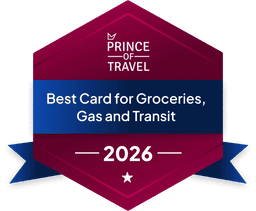
Monthly fee: $15.99
• Earn 1,250 points per month upon spending $750 per month for 12 months
Earning rates
Key perks
- Transfer to airline and hotel partners
